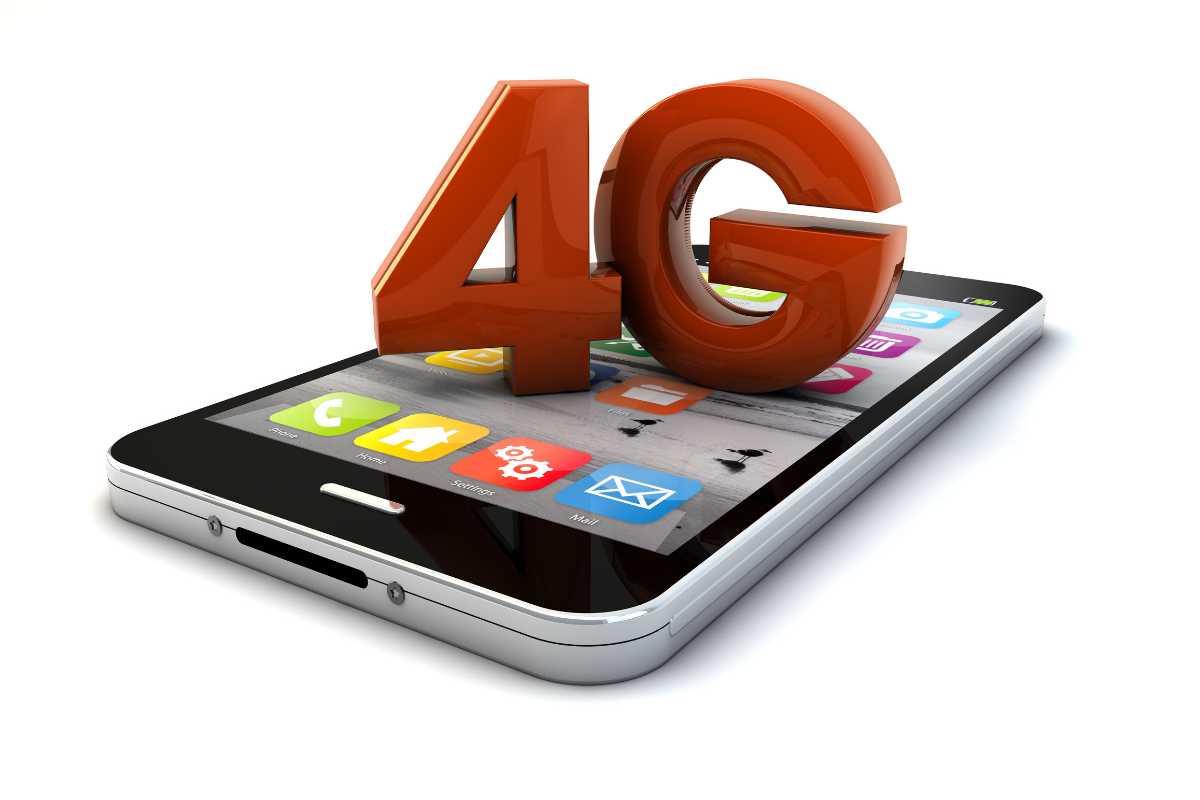
Unsurprisingly, 5G was a key topic during the Africa Tech Festival 2022, which was held in Cape Town last week. Since the spectrum auction proved to be a protracted procedure, South Africa, in particular, has found it frustrating to wait for the new mobile broadband standard. After completing it, service providers all throughout the nation are stepping up their efforts to roll out 5G connectivity and solutions.
Reasons for the Need for 4G
Despite the fact that this is encouraging for folks in the immediate area, 5G is still a ways off in other parts of Africa. Because of this, service providers, governments, and individuals alike should continue to place a high focus on the deployment, penetration, and quality of 4G and LTE across the African continent. During a roundtable hosted by Huawei and presided over by Dr Mohamed Madkour, its VP for Global Carrier Network Solutions and Marketing, this was one of the topics that was covered. He stated that 4G and LTE have had a significant impact on the world and would continue to do so.
For individuals all throughout the world, 4G has accomplished wonderful things. According to Madkour, there are numerous businesses that could only have been founded as a result of 4G, adding trillions of dollars to the world economy. The Huawei VP also mentioned the need for a strong 4G layer in order to enable 5G, as well as the reality that 5G is still in its early stages on the African continent. 5G has just been around for three years, and they have barely scratched the surface. They haven't even begun to touch the surface of 5G, which has only been available for three years.
Looking at some of the additional connection-related challenges that many African countries still face, it is clear that the development of fibre optic networks has not always been easy and that significant portions of the population remain without connectivity. In this situation, according to Madkour, fixed wireless access (FWA) solutions present a significant possibility for tying the aforementioned segments together.
The VP claims that service providers might potentially get their clients ready to use 5G when it becomes available by encouraging connectivity through FWA and comparable technologies. He continues by pointing out the enormous business opportunity that exists because millions of homes in Sub-Saharan Africa can afford broadband connectivity but choose to stay disconnected.
The price of 5G equipment, which is more expensive than 4G and LTE hardware, is currently another barrier. There is a lot of excitement about the possibilities that 5G has for the African continent, but this enthusiasm shouldn't eclipse the advantages that 4G and LTE continue to provide for those who are not connected.















